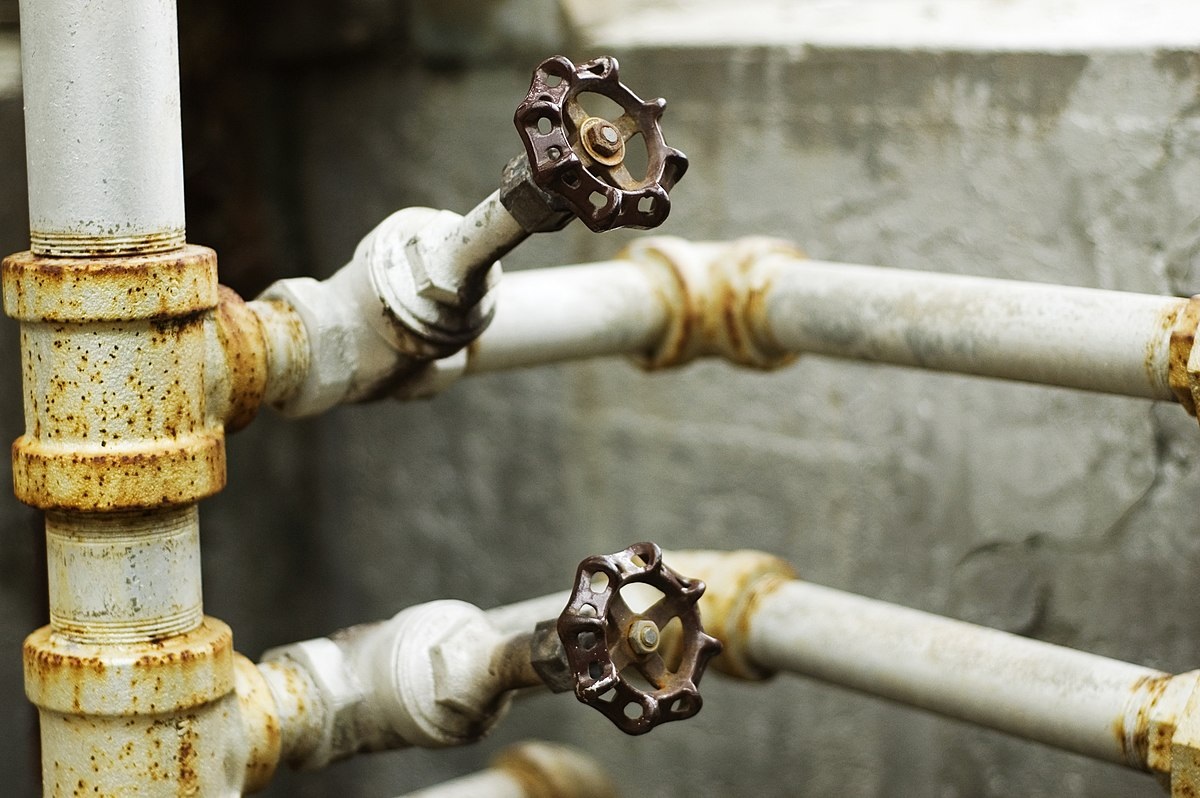Have you ever wondered what the crucial parts of hydraulic systems are made of? Control valves, to put it simply, are the solution. Today, we’ll examine in-depth 2-way, 74 CV control valves.
An in-depth examination of 2-way, 74 CV control valves.
Every day, industrial plants to car engines rely on one key factor to function smoothly– valves. Among countless types of valves used around the world, what is a 47 CV valve? Let’s look under the hood for an answer.
Introduction to CV Valves
A CV valve, which stands for coefficient of flow valve, is a device used to control the flow of fluids or gases with precision. But when we mention “47” before “CV valve”, this number refers to the size of the valve. Different sizes aim to handle varying volumes of flow. Now, you’re possibly looking for more details.
What is a 47 CV Valve Specifically?
47 CV valve, such as b218b+tr24-sr us, is a device specifically engineered to allow a flow rate of 47 gallons per minute of water at a 1 psi pressure drop. Like other CV valves, a 47 CV valve operates to dictate the amount of fluid that moves within a system at given moments.
What Sets 2-way, 74 CV control Valves Apart?
What makes the 2-way, 74 CV control valve deserving of special consideration then? The enhanced performance that these specific valves offer is what ultimately matters. They can support higher flow rates than their contemporaries, which sets them apart. As a result, they play a crucial role in demanding applications requiring high standards of accuracy and efficiency.
-
Knowing the Mechanisms
It’s essential to have a thorough understanding of the valve’s workings. I’m interested in how that operates. Each valve essentially consists of two parts: the valve stem and the valve body. The stem is the mechanical component that travels up and down to control the flow, while the body is the heavier component that provides strength.
-
Dissecting the Applications
What are a few of the two-way, 74 CV control valve’s most common applications? Equipment like hydraulic presses, cranes, and programmable logic controllers (PLCs), to mention a few, utilize these durable devices. They are an essential component of every hydraulic system because they reduce the difficulty of regulating fluid flow and direction.
Conclusion
The 2-way, 74 CV control valves from Belimo Control Valves constitute a revolution in the hydraulics industry. When it comes to managing complex, high-demand hydraulic operations, their efficiency, accuracy, and overall performance are unmatched.
So, the next time you admire the operation of a hydraulic system, consider the 2-way, 74 CV control valve, an unsung hero.


